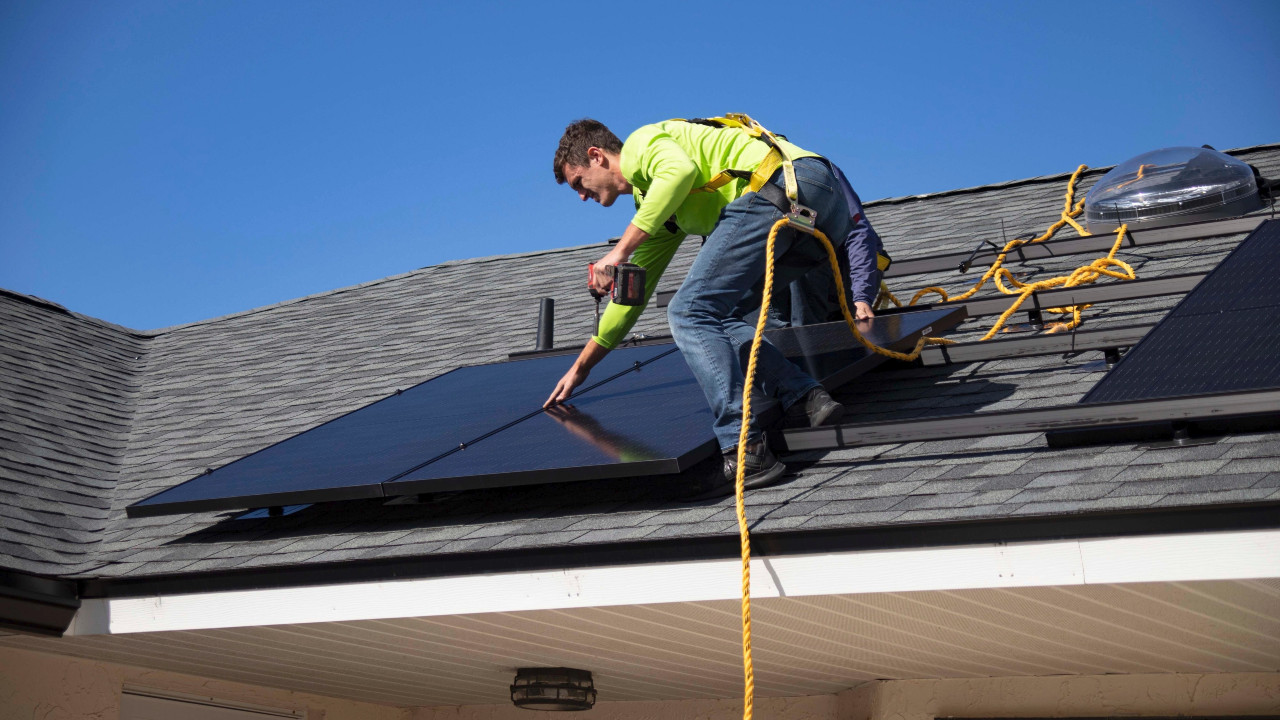In the face of escalating climate change concerns, it has become increasingly imperative for individuals to proactively address their energy consumption patterns. The consequences of climate change are not distant possibilities anymore; they are our current reality. Rising sea levels, extreme weather events, and shifting climate patterns are clear indicators that immediate action is necessary. Fortunately, there are myriad simple yet impactful steps that every household can take to mitigate their energy usage, thereby playing a vital role in curbing the effects of climate change.
One of the most effective strategies to save energy is by transitioning to energy-efficient appliances. Older appliances tend to be energy hogs, consuming electricity at rates far beyond what modern, energy-efficient counterparts demand. By replacing these outdated devices with newer models designed with energy conservation in mind, individuals can substantially slash their energy consumption. The importance of seeking out appliances certified by Energy Star cannot be overstated. Energy Star certification serves as a guarantee that the appliance adheres to stringent energy efficiency standards. This means not only are you saving on your energy bills, but you are also significantly decreasing your carbon footprint.
Beyond updating appliances, a critical aspect of reducing energy consumption lies in conscious electricity usage. Simple habits like turning off lights and electronic devices when not in use, capitalizing on natural light during the day, and unplugging appliances can make a notable difference. Often, electricity continues to be drawn by appliances even when they are turned off, a phenomenon known as phantom power usage. By unplugging devices or using power strips, individuals can completely cut off the power supply when appliances are not in use, curbing this unnecessary energy drain. Moreover, making the switch from traditional incandescent bulbs to energy-efficient LED light bulbs is an easy yet impactful step. LED bulbs consume significantly less energy, emit less heat, and last much longer than their incandescent counterparts. Over time, this small switch not only saves energy but also substantially reduces the frequency of bulb replacements, thus lowering waste and contributing to a greener environment.
In the pursuit of sustainable energy, the utilization of renewable energy sources emerges as a pivotal solution. Homeowners can harness the power of the sun by installing solar panels on their rooftops. Solar panels convert sunlight into electricity, providing a clean and renewable energy source. Beyond solar power, wind energy offers another viable option. Small wind turbines can be installed in suitable locations to capture wind energy and convert it into electricity, reducing reliance on fossil fuels. Additionally, for homes located near water bodies, investing in small-scale hydroelectric systems can harness the energy from flowing water. These systems generate electricity without producing greenhouse gases, thus significantly mitigating the environmental impact. By adopting renewable energy sources, individuals not only contribute to the reduction of carbon emissions but also pave the way for a more sustainable energy future.
Apart from individual households, communities and businesses can also play a pivotal role in the transition to sustainable energy practices. Community solar initiatives allow multiple households or businesses to share the benefits of a solar energy system, even if they cannot install solar panels on their own properties. These shared solar projects promote community engagement and enable a larger segment of the population to access clean energy. Businesses, too, can embrace renewable energy solutions by installing solar panels on their rooftops, investing in wind energy projects, or procuring energy from renewable sources. Corporate commitment to renewable energy not only reduces the carbon footprint but also sets an example for customers and other businesses, encouraging a wider adoption of sustainable energy practices.
In conclusion, the battle against climate change is being fought on multiple fronts, and individual action is a cornerstone of this collective effort. By adopting energy-efficient appliances, being mindful of electricity usage, and embracing renewable energy sources, individuals can significantly reduce their energy consumption and contribute to the global fight against climate change. These seemingly small steps, when taken collectively, can lead to substantial reductions in carbon emissions and pave the way for a more sustainable and environmentally friendly future. Every action matters, and by making conscious choices, we can create a positive impact on our planet, ensuring a better tomorrow for generations to come. So, let us stand united in our commitment to energy conservation and renewable energy adoption, and together, we can make a significant difference in the fight against climate change.
